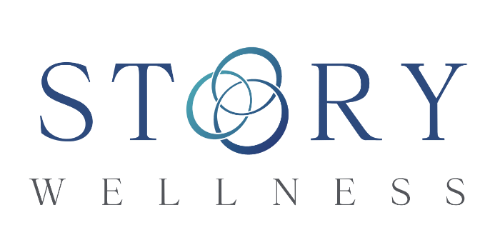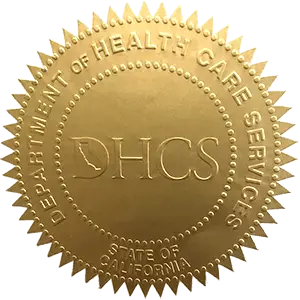You may be struggling with what you know is depression. Feeling down, loss of energy, difficulty thinking or finding motivation. It is sustained and it doesn’t exactly go away. So you finally did something and went to a mental health professional and they said you have unspecified depressive disorder. So what exactly are they saying?
A person may get a diagnosis UDD if their depression symptoms cause impairment or extreme distress in occupational, social, or other functional areas but don’t meet the complete criteria a specific disorder like major depressive disorder.
In the DSM-5 category, the term “unspecified” refers to a situation where there isn’t sufficient information or time to establish a more specific diagnosis. It may apply in urgent situations such as emergency room visits.
Contact Story Wellness
These unspecified diagnoses are also used in non-emergency situations when the doctor needs to examine how the individual’s symptoms develop before identifying a more specific diagnosis. Suppose the person’s symptoms are moderately mild or started recently. In that case, it might take time to understand what they’re going through and how these symptoms impact their life. Waiting for a more precise diagnosis also enables the physician to gather more details regarding the different factors affecting their symptoms.
Signs & Symptoms of UDD: What Makes It Different?
Although UDD shares similar symptoms to permanent depressive disorder (PDD), PDD is categorized by a period of 2+ years of continuously recurring depressed mood. On the other hand, UDD is classified by relatively shorter durations of depressed moods.
The condition can significantly affect a person’s daily life. It can even make it tough to enjoy life—have fun. Most patients lose interest in certain activities, isolate themselves from loved ones, and experience sleeping disorders and other behavioral changes. Some people also experience suicide attempts or suicidal tendencies.
Besides having these symptoms, your health care professional will only diagnose you with this condition if it leads to significant discomfort or disorder in social, occupational, and other fundamental areas of functioning. Remember, a psychiatrist requires to spend enough time with the patient to make an accurate diagnosis.
Potential Causes & Risk Factors
UDD symptoms may arise for several reasons. These may include:
- Environmental impacts and situations
- Distress because of medical conditions
- Genetic factors
A doctor will not diagnose you with this disorder if you have any of the following: a manic episode, major depressive episode, hypomanic episode, or mixed episode. A UDD diagnosis leaves enough room for a more in-depth or accurate diagnosis later.
How Can IOP Treatment Help With UDD?
The IOP program at Story Wellness is a structured, comprehensive treatment program that provides more intensive support and therapy than traditional therapy. But it is not 24/7 inpatient care. Here’s how an IOP may treat UDD:
- Comprehensive Assessment: Upon admission to Story Wellness, a thorough assessment ids conducted to understand the individual’s symptoms, history, and treatment needs. This assessment helps create an individualized treatment plan.
- Group Therapy: Our IOP involves group therapy sessions where individuals with UDD can engage in therapeutic discussions, share experiences, and get support from others facing similar challenges. Group therapy can enhance interpersonal skills, reduce feelings of isolation, and provide a sense of community.
- Individual Therapy: Individual therapy sessions with a therapist or counselor is also part of our IOP in Orange County, California. This allows for personalized attention, exploration of underlying issues, and the development of coping strategies specific to the individual’s needs. Our specialty is narrative therapy for depression disorders and CBT.
- Psychoeducation: Education about depression, its symptoms, causes, and available treatments can be a vital component of an IOP for depression. Psychoeducational groups provide information, teach coping skills, and empower individuals to better understand and manage their condition.
- Family Involvement: Involving family members in the treatment process can be beneficial. It helps create a supportive environment and enhances understanding of the individual’s condition. Family therapy sessions or educational programs may be included in the IOP if it fits with the overall program goals.
- Aftercare Planning: As the individual progresses through the Story Wellness IOP for unspecified depressive disorder, a comprehensive aftercare plan will be developed to support their continued recovery. This may include outpatient therapy options, community support resources, or ongoing psychiatric care.
Getting Help for Unspecified Depressive Disorder
If you want more information on the Story Wellness program and getting help for unspecified depressive disorder, call us today. Our team of behavioral and mental health professionals are available to answer any questions you might have about our program or what your various options might be. Call now: 866-476-2823.






